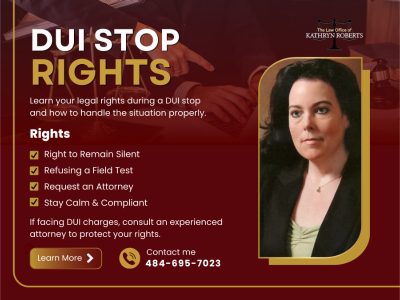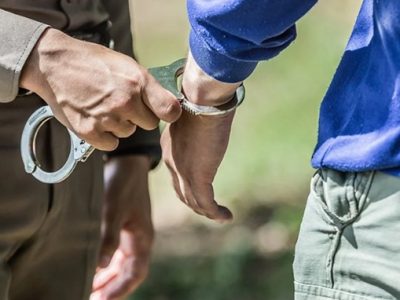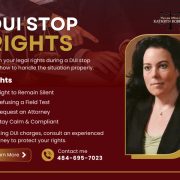Pensions are an important part of many people’s financial plans. When a company declares bankruptcy, those retirement funds should be protected from the company’s creditors, as long as the pension plans are separate from the business’s general assets. This is the principle behind the Employee Retirement Income Security Act of 1974 (ERISA). The law protects the assets in defined benefit pension plans and the Pension Benefit Guaranty Corporation provides a federal backstop for private defined contribution plan participants. These protections extend to individual retirement accounts (IRAs) and employer-sponsored plans, such as 401(k), 403(b), profit-sharing or SIMPLE IRA accounts and some deferred compensation plans.
Whether your retirement plan is exempt in bankruptcy depends on the type of account and how it is structured. A professional such as Cain & Herren, Maui can help you determine which type of retirement plan you have and how to protect it from creditors or the bankruptcy trustee.
Some types of retirement accounts are fully protected in bankruptcy, including 401(k)s and most IRA accounts up to certain limits. Those limits are set by the government and are adjusted periodically for inflation. Other retirement accounts are only partially protected in bankruptcy, including stock option plans and most defined benefit pension plans. If you have one of these plans, consult your attorney for more information on how to protect your asset.
The High Court judgment in Coady has provided some clarity to the position on pensions in bankruptcy but there is still a great deal of uncertainty. It appears that a bankrupt cannot demand immediate payment of an unexercised pension but the Court may make ‘income payments orders’ directing the Official Assignee to pay a certain amount of the bankrupt’s undrawn pension every month.
However, it seems that if you can prove that you made excessive contributions to your pension before you were adjudicated bankrupt the trustee could reclaim those amounts. The Court will consider the level of contributions, your age at the time of making those contributions and other relevant factors in determining whether excessive contributions have been made.
If you are in bankruptcy, it is also possible that you will not be able to continue contributing to your pension because of the restrictions placed on disposable income during the bankruptcy process. You may be required to allocate a large portion of your disposable income towards repaying debts, and that could impact your ability to make future contributions to your retirement account.
Even if you can’t exempt your entire retirement account in bankruptcy, you might be able to use a wildcard exemption or a personal property exemption, which may be available under state or bankruptcy laws, to protect some of the remaining balance. This is why it’s essential to seek professional advice in your bankruptcy case.
Cain & Herren, ALC
2141 W Vineyard St, Wailuku,
HI 96793, USA
+1 (808) 242 9350
cainandherren.com











Comments